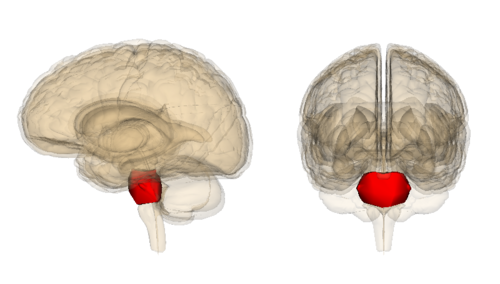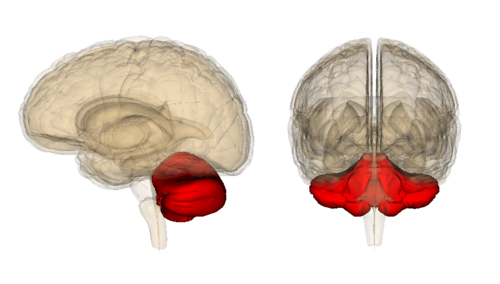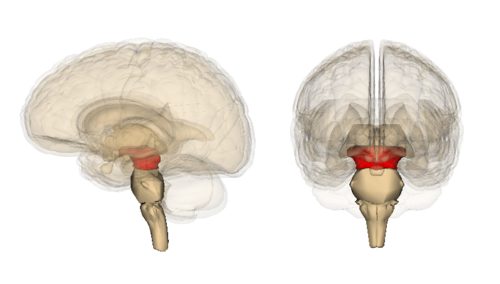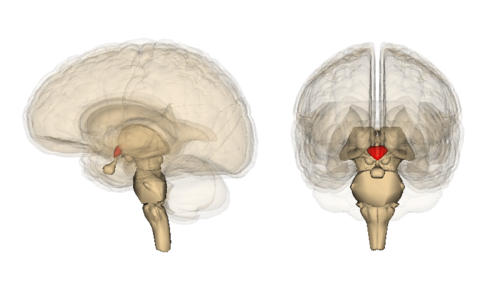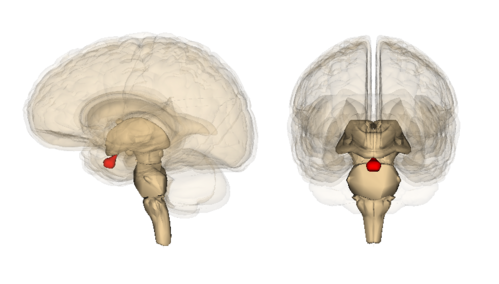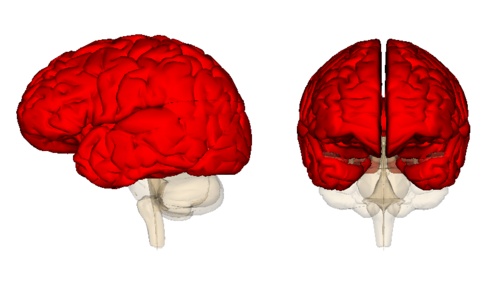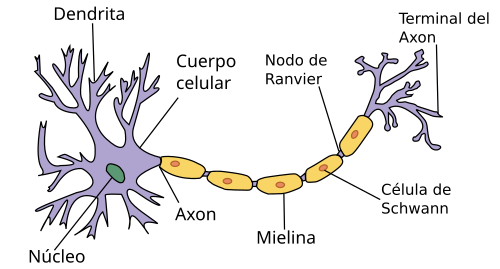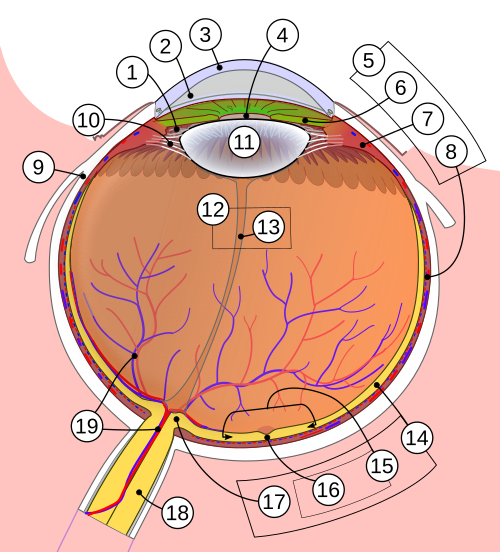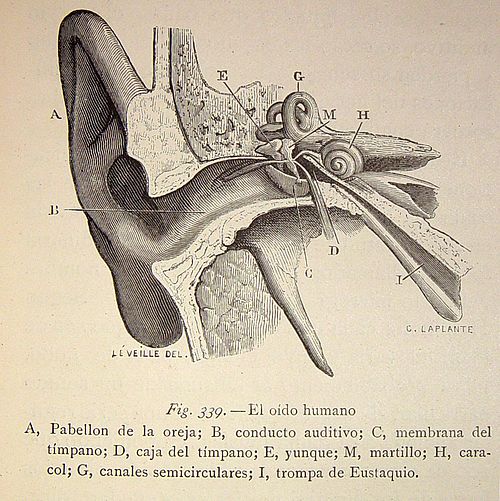Difference between revisions of "AY Honors/Brain and Behavior/Answer Key/es"
(Created page with "</noinclude>") |
(Created page with "</noinclude>") |
||
| Line 216: | Line 216: | ||
{{ansreq|page={{#titleparts:{{PAGENAME}}|2|1}}|num=11bv}} <!--T:53--> | {{ansreq|page={{#titleparts:{{PAGENAME}}|2|1}}|num=11bv}} <!--T:53--> | ||
<noinclude></noinclude> | <noinclude></noinclude> | ||
| − | |||
<noinclude></noinclude> | <noinclude></noinclude> | ||
Revision as of 10:03, 8 March 2021
1
2
3
4
5
6
7
8
Las tres partes básicas del oído son el oído externo, el oído medio y el oído interno.
- The outer ear is the external portion of the ear and includes the eardrum. The pinna, which is the external portion of the ear, captures the sound and transfers them through the auditory canal to the eardrum, which vibrates and transfers the sound to the tiny bones in the middle ear.
9
9a
9b
9c
9d
9e
9f
10
11
11a
11b
11bi
11bii
11biii
11biv
11bv
11bvi
Huntington's disease (HD) is an inherited disorder characterized by abnormal body movements called chorea, and a reduction of various mental abilities. Symptoms of the disorder include loss of cognitive ability (thinking, speaking), changes in personality, jerking movements of the face and body in general and unsteady walking. These symptoms develop into dementia and cognitive decline, and an advanced form of rapid jerking.
11bvii
Quadriplegia is a symptom in which a human experiences partial or complete paralysis from the neck down. It is caused by damage to the brain or to the spinal cord at a high level. The injury causes the victim to lose total or partial use of the arms and legs.
11bviii
Paraplegia is a condition in which the lower part of a patient's body is paralyzed and cannot move. It is usually the result of spinal cord injury or a congenital condition such as spina bifida.
12
An excellent place to find Biblical references on making decisions is Week 23 of the IA weekly devotional guide (required for Companions and Voyagers):
References
- http://staff.washington.edu/chudler/synapse.html
- http://nobelprize.org/medicine/educational/synapse/intro.html
- http://www.txtwriter.com/backgrounders/Drugaddiction/drugs1.html

